
Recommendation
John McCarthy’s and Peter Wright’s book is fascinating because they grapple with some of today’s major social, economic and interpersonal questions, such as what does technology mean and how can you determine its meaning? The authors move through several philosophical approaches that they find useful in framing these questions, review major thinkers in the field, and discuss case studies and personal experiences before reaching conclusions. The book is difficult, because of their academic bent. They are willing to break with existing practices enough to embrace emotional and subjective reactions to technology, but their writing can be thick and their conceptual apparatus is complex. As a result, the content is useful for futurists, those interested in social trends and change, and anyone working in information technology or marketing. However, getAbstract recommends their prose primarily to the more patient members of those categories.
Summary
About the Authors
John McCarthy is a senior lecturer at University College in Cork. Peter Wright is a senior lecturer at the University of York.










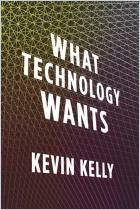
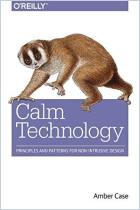
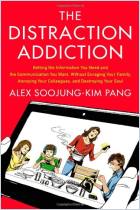
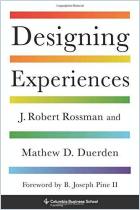
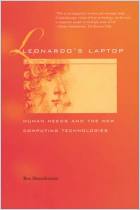



Comment on this summary or 开始讨论